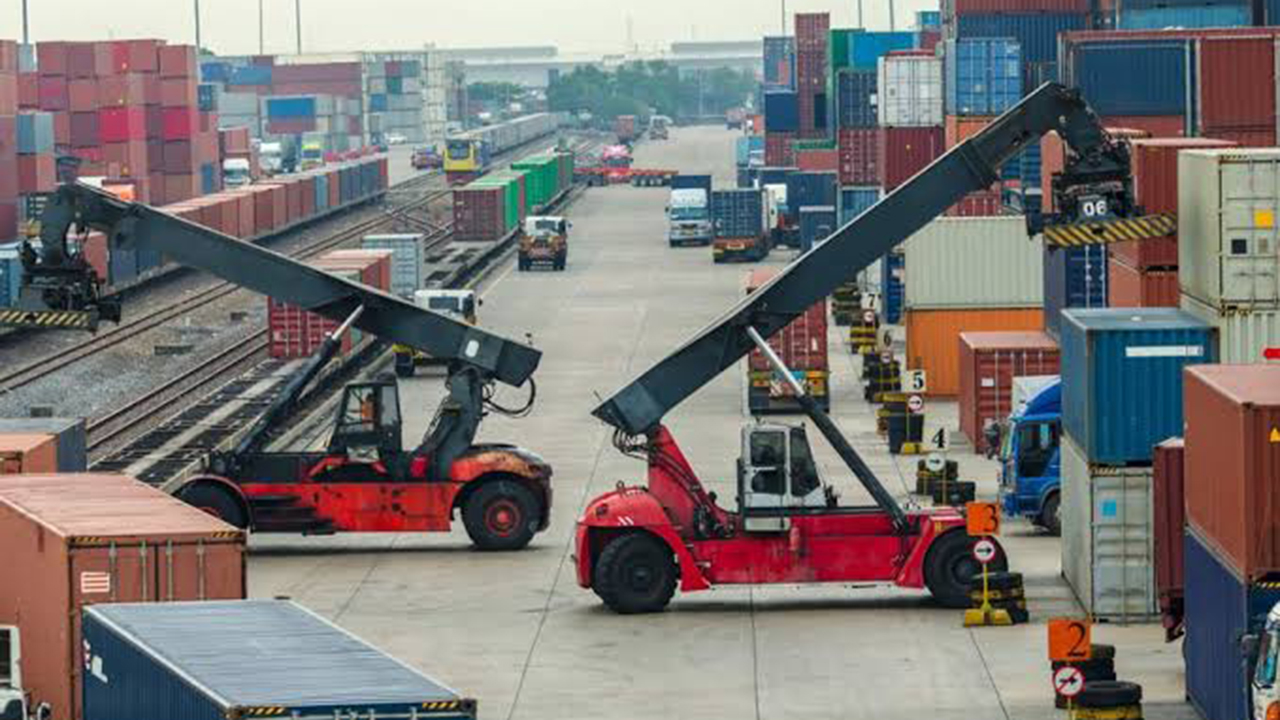
In 2024, France’s military and exploitative economic strangleholds were expelled from the African continent through actions in Niger, Mali, Burkina Faso where military coups have been responsible for regime changes and the birth of the Alliance of Sahel States (French: Alliance des Etats du Sahel) AES Confederation whilst collectively withdrawing from ECOWAS and leaning towards the Russian sphere of influence and military cooperation with Russian Mercenaries the “Wagner Group”.
This has elicited celebratory support from the three country’s citizens and across Africa, with many hailing the death of exploitative capitalism, neoliberalism and neocolonialism. The old puppet democratic governments in the three countries had been accused of being ravaged by corruption, abuse of power amongst other infractions which some experts label “corruptocracy.”
A wind of Pan Africanist fervour seems to be blowing across the land once known as Alkebulan. The expunging of the French Military from their bases established for decades in the above countries has been followed with French corporations also thrown out or increasingly taxed or asked to reshape their operations along the lines of new laws or decrees which favour the military regime’s Pan Africanist pivotal restructuring.
More recently, Senegal and Cote D’Ivoire have joined the fray with the wave of expulsions increasing, with the exception being Nigeria where a few weeks ago, President Bola Ahmed Tinubu was hosted in the French Palace and has been accused by Niger Coup leader, General Abdourahamane Tchiani, of hobnobbing ingloriously with President Emmanuel Macron in the form of bringing French Military presence, albeit covertly into Northern Nigeria as well as their industrial/business operations in the mineral resources sector. Djibouti and Gabon are the only locations where French Military bases still persist with less than 2000 soldiers stationed there.
The loss of France’s Econometric, Media and Military-Industrial Complex (EMMIC) in Africa has a wider implication for the collective West’s capitalist machinery and also America’s hegemony and unipolarity doctrine including for the value of the greenback or “dollar” globally and across the resources rich black continent. Military-Industrial Complex (MIC) was famously introduced to the American public and the world by President Dwight Eisenhower in his 1961 farewell speech.
In the old cold war era, because a new one is upon us with the Russia Vs Ukraine conflict being the active theatre of extermination, the Middle East is another and hopefully Africa will refuse to be one of such locations for nuclear armed Superpower states to achieve a destructive showdown.
In the context of EMMIC cluster as I have elaborated above, President Eisenhower was confounded that the nexus between military officers, corporate business leaders and powerful politicians – the three groups constituting the “power elite” according to C. Wright Mills, the social theorist, had implications for the disastrous rise of misplaced power, which in my assessment had ravaged other continents and particularly Africa’s holistic economy and sociopolitical climate for centuries and this even enabled the transatlantic slave trade.
For the ancient influences of brainwash and psychological operations to be potent and lasting, the Church used religious manipulation during the slave trade and all these were part of the EMMIC playbook, this is besides using brute force.
But Africa must wake up and take her destiny in her own hands by speedily articulating a leap of technological, cultural, spiritual and mental disruptions under the existing framework of the Africa Continental Free Trade Agreement (AfCFTA), Agenda 2063 and other intricate protocols for the unionism of her citizen’s extreme quest for strategically visionary leadership that will spur accelerated firstworldom in the next 30 plus years. Japan and China have done it and so can Africa!
In the light of the above, West Africa’s Republic of Ghana on the 8th of January swore in President John Mahama as her next statecraft leader and on the 20th of January President Donald Trump the non-establishment Republican candidate returned to the White House. The world promises to be awash with four new years of geopolitical intrigues which have to augur well for Africa no matter the odds.
In this light the Africa Business Leadership and Investment Summit (ABLIS) 2025, holding in Rwanda which was founded by the expert and vision driven consultant Amb. Shirley Nkechinyere Hills at Crustos working closely with Amb. Oliver Chikodzore (of Africa Rising TV) and ABLIS board members seeks to delineate and critically interrogate the implications of Africa’s corporate, informal and economic sub and superstructures, including the policymaking processes in the 54 countries, whilst the continent sheds her colonial underpinnings, manages her ongoing conflicts and all these under the ABLIS Summit’s theme tagged “Paradigm Shift Africa.”
Following from the past and key to the future is that Africa’s human capital, vast farm-to-fork value chain, mineral wealth and natural resources have for centuries been hugely the centre of gravity of the commodities, global technology and energy sectors to the greater profiteering of the West and global North, now inclusive of Asia (Dubai Gold cartels) and China. With Africa’s pivotal role in the global economy, one is left to wonder why poverty and deindustrialisation thrives?
But by understanding the concept of strategic economic hitman jobs perpetrated covertly by the CIA, Bretton Woods institutions such as IMF, WorldBank and their consultants, intricate corruption webs and the ruse of economic aid offered and accepted by African leaders, as usually harped on by Prof. Jeffrey Sachs, these all explain to the discerning mind why the profound contradictions persist in far lesser favour of Africa’s growth trajectory.
In reality, Africa’s resources have become a bane and not a blessing. Across the lithium and cobalt mines of the Democratic Republic of Congo, gold and diamond mines of Sierra Leone and Liberia to the oil fields of Nigeria and Angola, the African continent supplies critical human capital and resources that power the operations of the world’s most profitable companies such as BigTech’s Apple, Google, Facebook, Microsoft, and energy corporations such as ExxonMobil, Shell, BP, and TotalEnergies.
To be continued tomorrow.
George is Minister of Trade of the State of the African Diaspora (SOAD).






